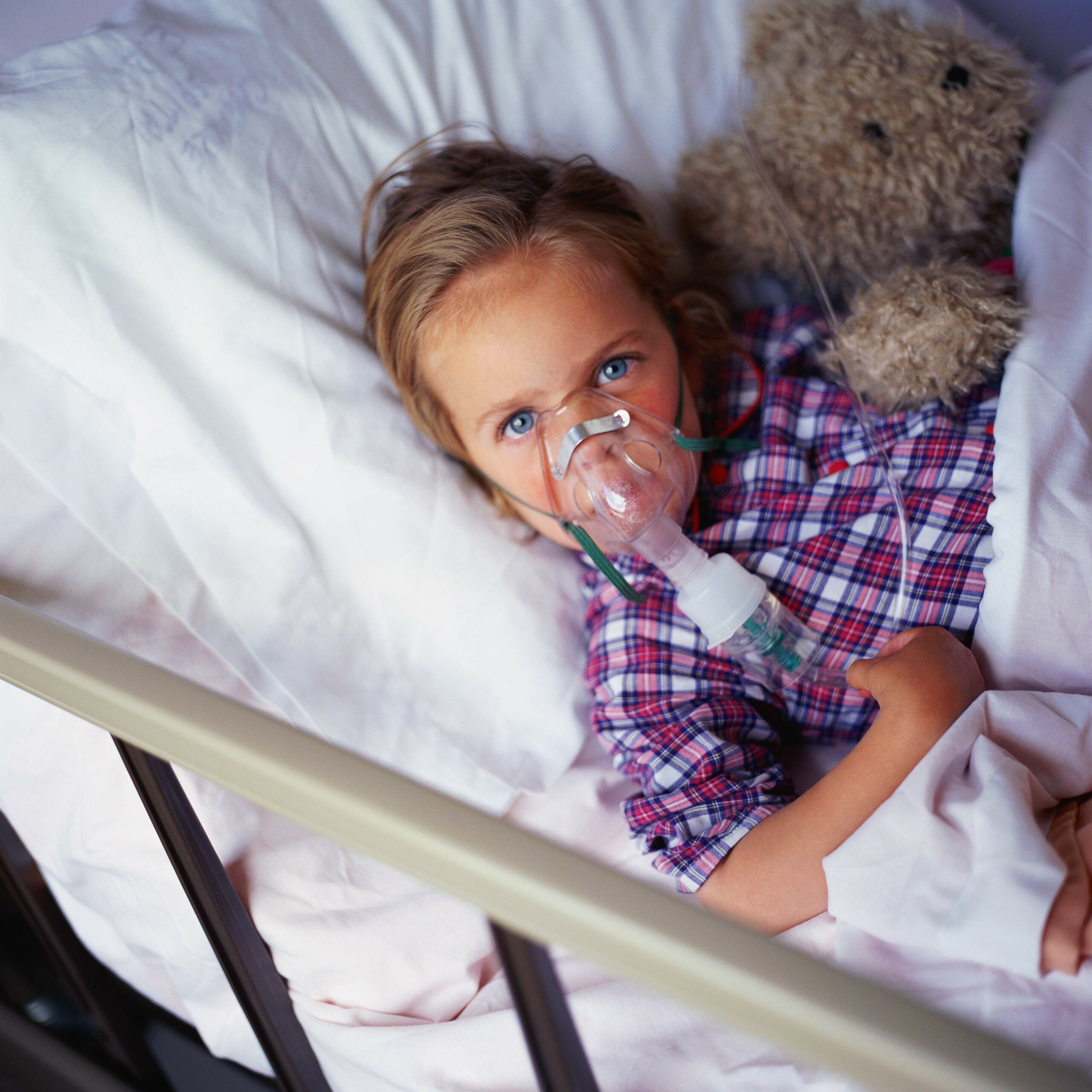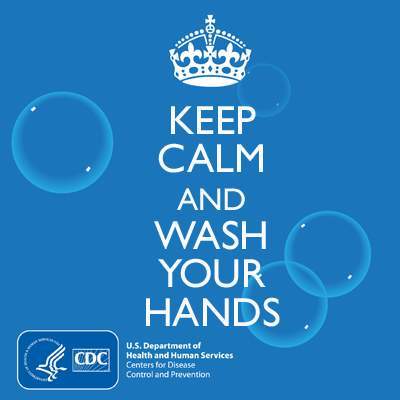
Across the country, an increasing number of children are being hospitalized for respiratory illnesses.
The Centers for Disease Control and Prevention has suggested that health care providers consider testing for enterovirus D68 in young children with severe respiratory illness.
According to the CDC’s website, not everyone who gets enterovirus will get sick, but children and teenagers are more susceptible because they haven’t built an immunity to a number of viruses.
The enterovirus can spread by having close contact with someone who is infected, touching objects or surfaces that have the virus and then touching your mouth, nose and eyes.
The CDC says symptoms include:
- Fever
- Runny nose
- Sneezing
- Cough
- Skin Rash
- Mouth blisters
- Body and/or muscle aches
There is no specific treatment for enterovirus, but health care providers will often treat the symptoms.
To protect yourself from enterovirus and other illnesses, the best course of action is handwashing. That means washing your hands with soap and water (for at least 20 seconds), especially after using the restroom or changing diapers. Avoid close contact with people who are sick. And clean and disinfect frequently touched services.
If you are concerned that your child is exhibiting symptoms of enterovirus, contact your child’s pediatrician.










